It’s a widely held belief that poinsettias are poisonous. It’s often been said—and repeated—that poinsettia flowers are toxic to pets and potentially to people, with the main concern being kids and animals that don’t know better than to put fallen leaves in their mouths.
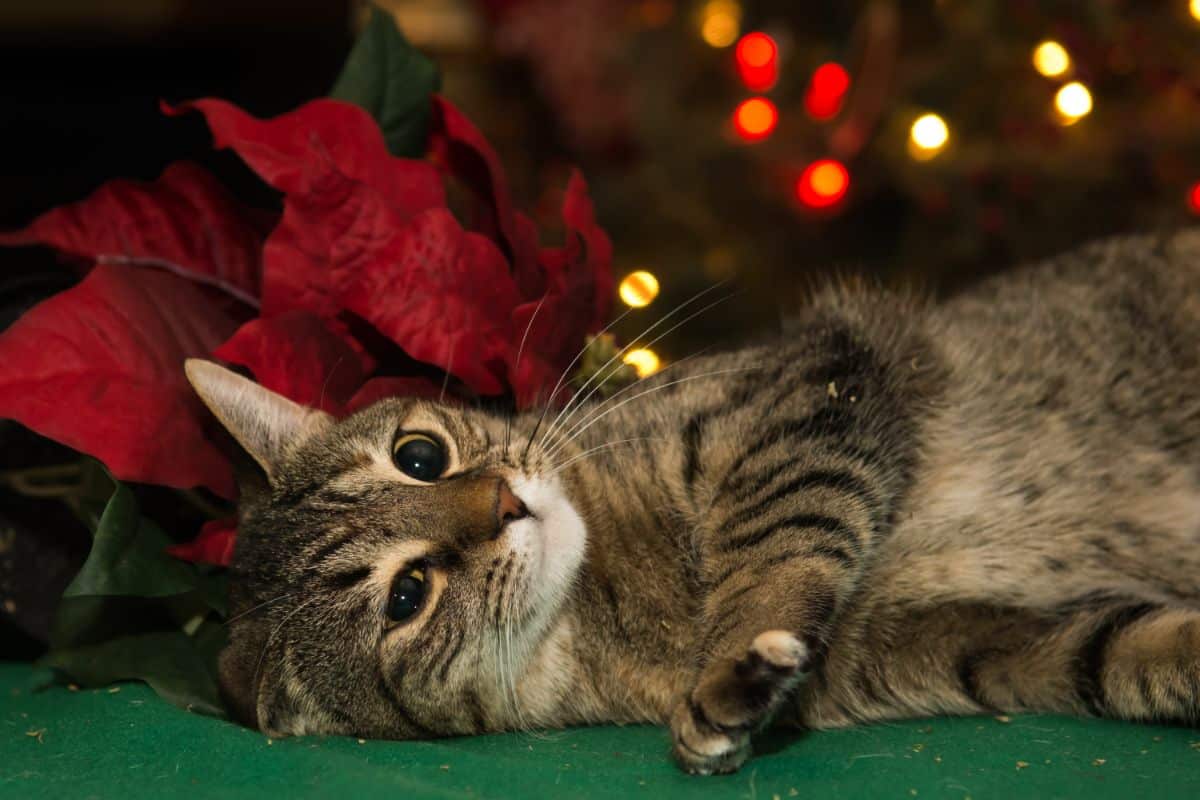
But how true is this widely held belief? How dangerous are poinsettias? Are poinsettias kid safe? Pet Safe? Is it wise to keep these seasonal favorites in homes with children and pets? What if you travel or visit, and that house has a poinsettia? How worried should you be?
Jump to:
What recent studies show about poinsettia toxicity.
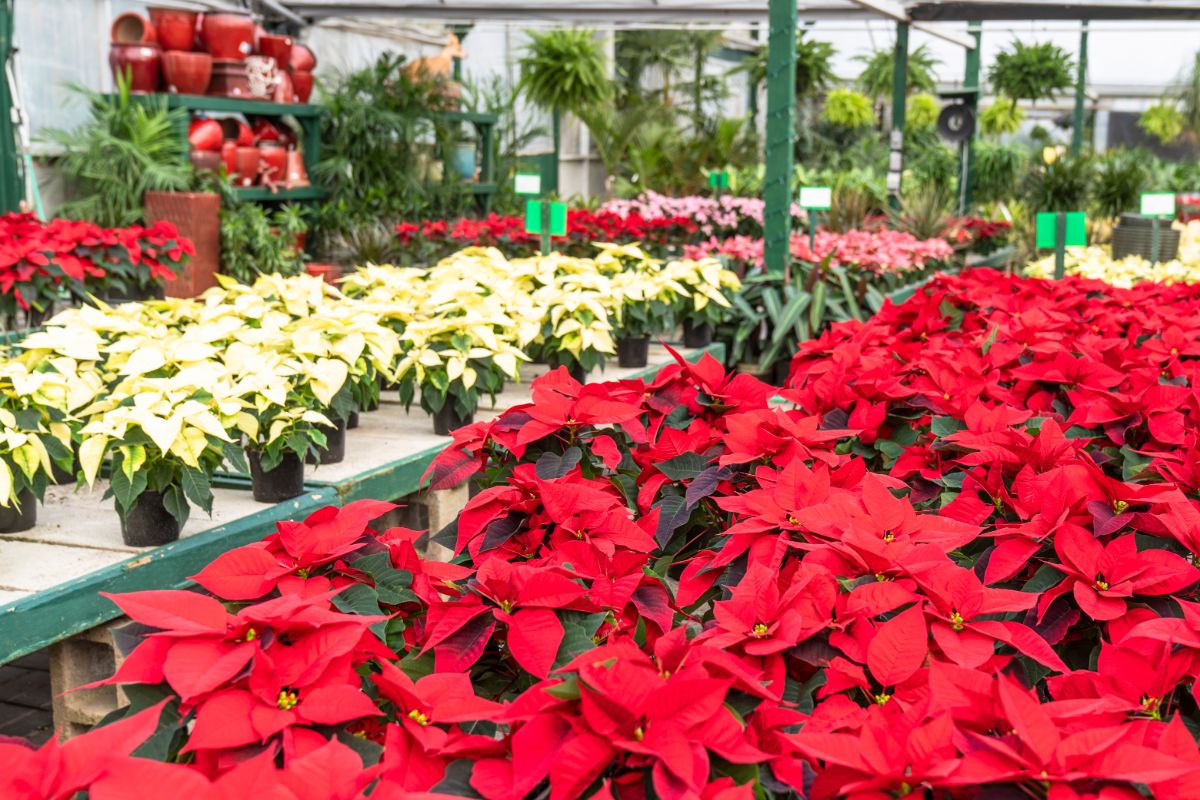
As reported by Iowa State University, based on a study completed by Ohio State University, poinsettias have been getting a bad rap for many, many years.
Poinsettias are not toxic.
The study showed that poinsettias are not toxic to children (or any humans, for that matter) and that they are not toxic to pets, either. The study fed highly concentrated liquified doses of blended and pureed poinsettia leaves to rats, at levels that would be extremely toxic if any toxins were present, and the rats did not die. The study said the rats “show no mortality, no symptoms of toxicity nor any changes in dietary intake or general behavior pattern.”
Eating poinsettia parts might cause upset but isn’t fatal.
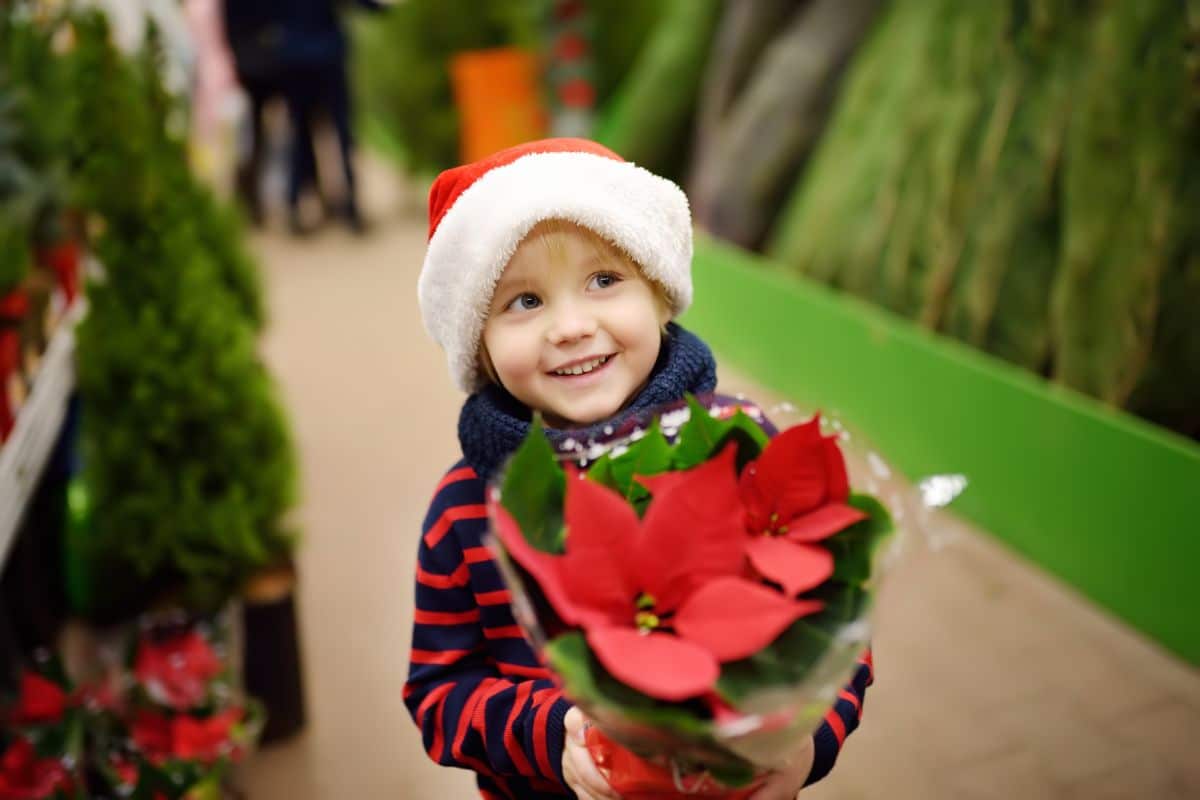
As with many things, eating poinsettias, especially in large quantities, does have the potential to cause stomach upset and symptoms like diarrhea and vomiting. Even those cases were very rare, though. Less than eight percent of analyzed cases displayed these uncomfortable but non-life-threatening symptoms.
Ohio State University Assistant Professor of Horticulture and Crop Science says, “They probably taste awful, and aren't easily digested, but poinsettias aren't poisonous.”
An analysis of data by the American Association of Poison Control Centers found that less than five percent of cases involving poinsettia ingestion were bad enough to require medical attention. Keep in mind, too, that even edible plants can cause different issues for different people. There is almost always someone who will get an upset stomach or negative digestive symptoms from certain foods.
A more likely (but still not very likely or very common) occurrence is to have a skin reaction to the white, milky sap that can come from a broken poinsettia stem. It can be irritating to people with sensitive skin or with sensitivity to the sap.
Experts Rose Ann Gould Soloway (Clinical Toxicologist) and Serkalem Mekonnen (Certified Specialist in Poison Information) say that it is true that rash and stomach upset can occur. “If children and pets eat it, they can develop a mouth rash and stomach upset. The sap can cause a skin rash, too.” But they are clear to point out that the plants are not considered toxic or deadly.
“The poinsettia plant is often considered deadly. That's wrong. Poinsettia can be irritating, but it is not fatal if eaten.” -- National Poison Capital Center
The real word on whether poinsettias are safe.
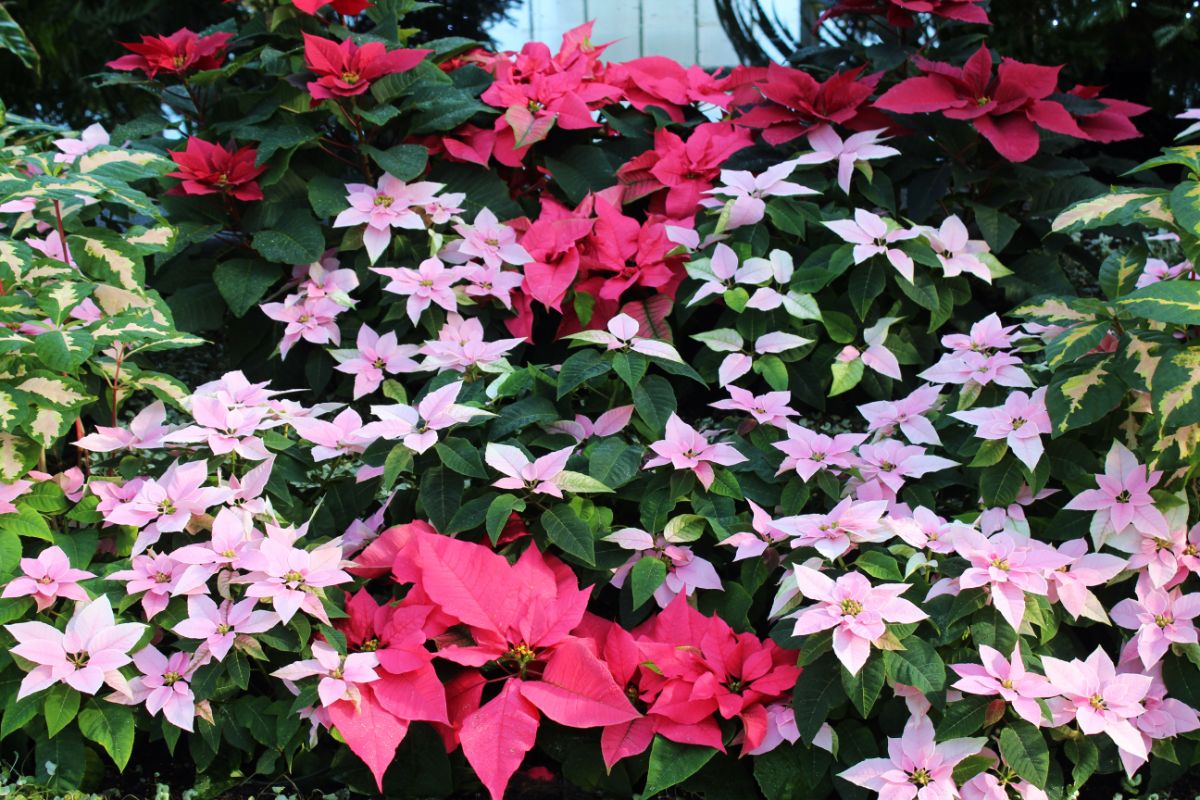
Though not toxic, it’s still not wise to allow your pets or children to eat pieces of poinsettias (or any other non-food plant, for that matter). They don’t taste good, which might give them a sour belly, and there is that possibility of allergy or irritation.
That said, you should not fear the poinsettia any more than you fear other houseplants (in fact, in some cases, much less). Plain and simple, poinsettias are proven to not be toxic or poisonous. So, keep your lovely seasonal plant, enjoy it, and use common sense with pets and kids. And spread the word that poinsettias are not poisonous!

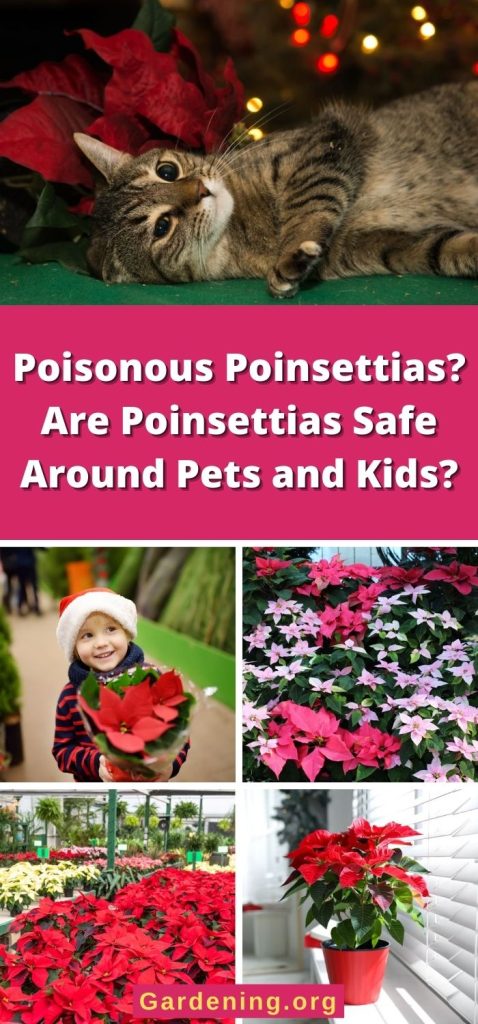
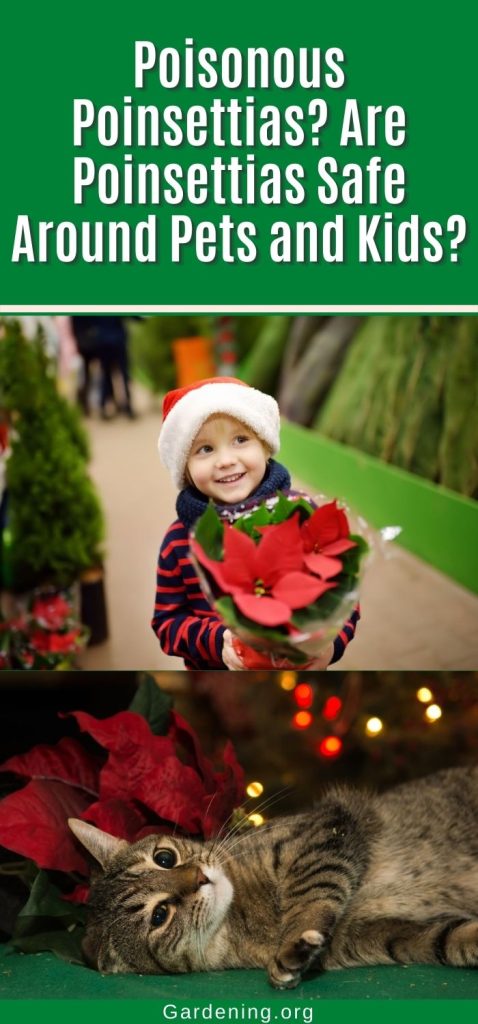
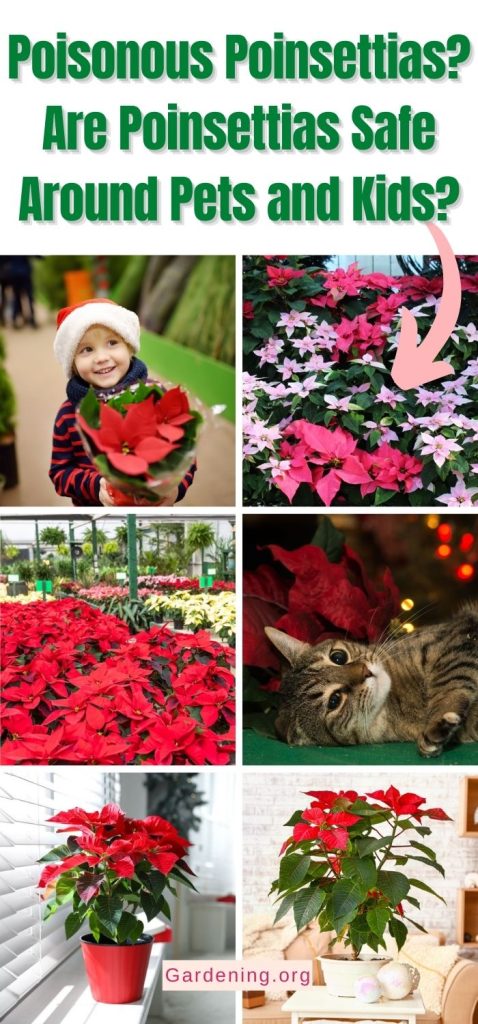
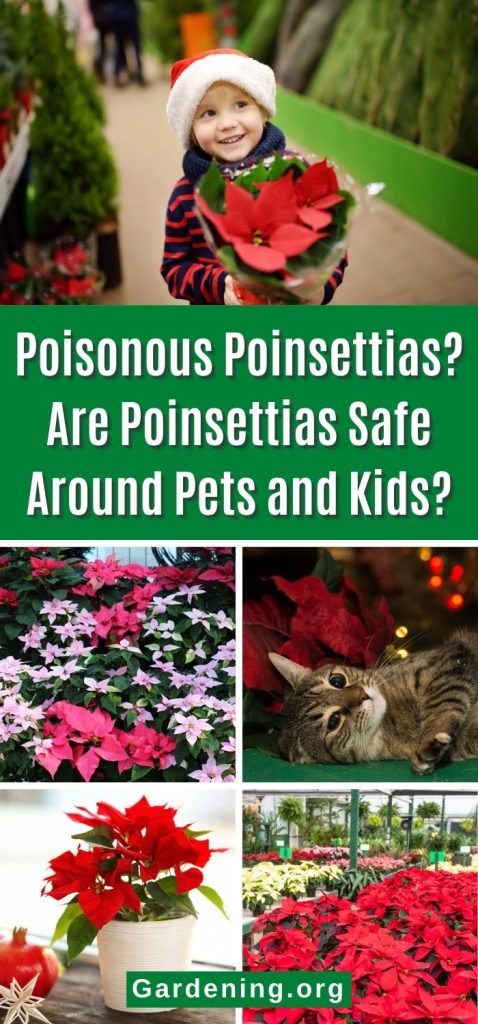
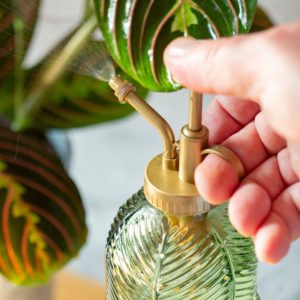
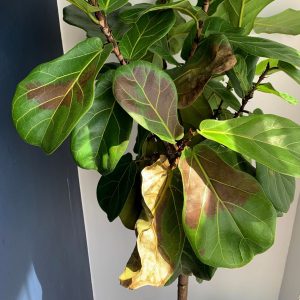
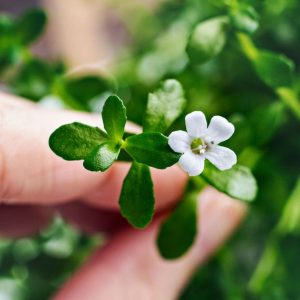
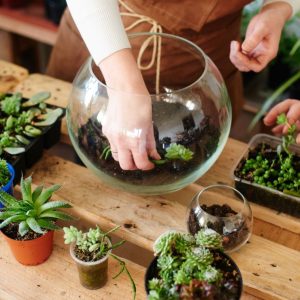
Leave a Reply